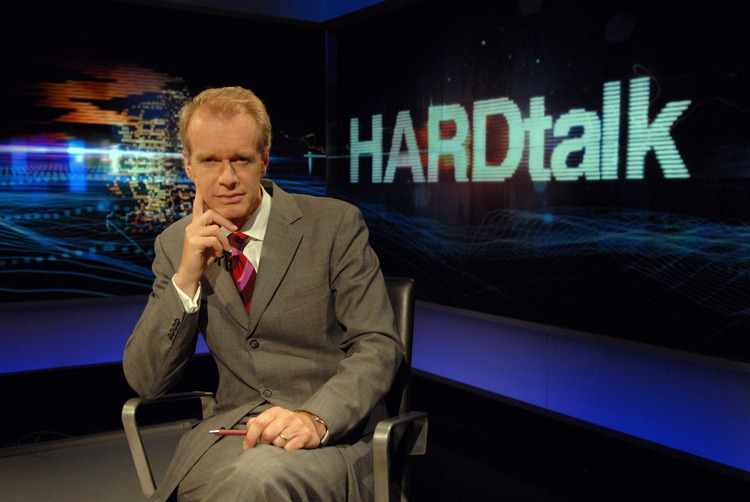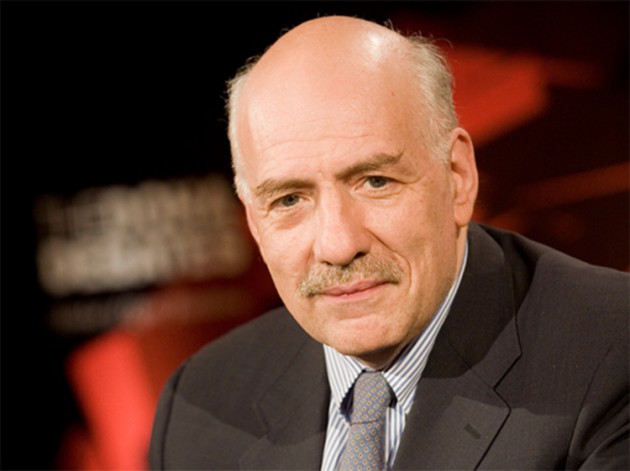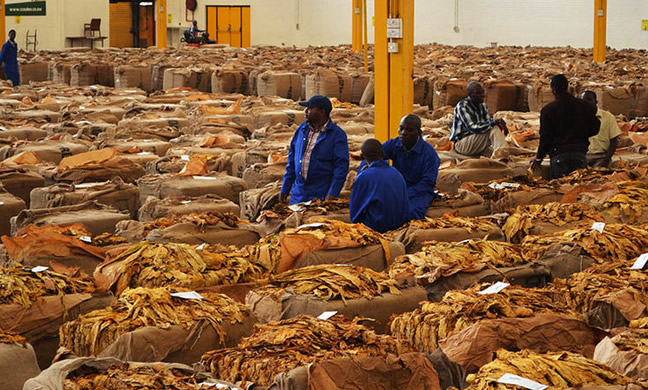Mujuru interviews: The Agenda

Hildegarde The Arena —
By end of day Monday, my adrenalin was pumping. It wasn’t as if I wanted to be a prisoner of former Vice President Joice Mujuru’s project, but I felt that things were not adding up. Like thousands of other people out there, I watched her HardTalk interview on the British Broadcasting Corporation, with Stephen Sackur. Mujuru it emerged (if we judge by the attire she was putting on), had another interview with former HardTalk presenter, Tim Sebastian, who is now with Deutsche Welle’s Conflict Zone. This could not be a coincidence where two reputable journalists from different broadcasting stations would use about an hour of airtime, speaking on issues based on a more or less like similar script.
Did one of them listen in to the other’s interview, in order to see how best they could literally walk over her, in the process getting what they wanted, considering Mujuru’s resume: ex-freedom fighter married to post-Independent Zimbabwe’s first army general; cabinet minister/governor; Vice President and now setting her eyes on the top job (1973 to date)?
Every word she said, and every gesture she made was important in their intelligence gathering strategies, but how so unfortunate that Mujuru chose to be blinded to the domino effect of those liaisons.
What is the story behind the story in Mujuru’s interviews where she dismally portrayed herself as a genie?
Was she playing Russian roulette by using a presentation at the London School of Economics to commemorate this year’s International Women’s Day, while the real agenda was under wraps?
You only see the bigger picture when you pay special attention to every word including the intonation in both interviews, study the body language and ask why Mujuru, who sometimes looked anxious and confused, and in other cases giving a fake smile, despite the searing and brutal questions from Tim Sebastian. Why would she endure being grilled and interrogated like a criminal?
Managing an interview is a skill, for both the interviewer and the interviewee, but I still wondered why Mujuru displayed such a laissez-faire attitude and almost agreed with Tim Sebastian when he told her: “Once again, you are pleading ignorance as an excuse . . . Joice Mujuru if you are so ignorant about what happens in Zimbabwe, what use are you to Zimbabwe? You were a person who refused to know, didn’t ask, was not curious, you turned a blind eye, what use are you to Zimbabwe as a president in future?”
It was not until I watched for the second time, the interview she did on Upfront with Mehdi Hasan of Al Jazeera in October 2016, when hopes were high that the ongoing protests would force President Mugabe out of power, and Mujuru might replace him, that the import of this week’s interviews unravelled. Mehdi questioned her on Zimbabwe’s human rights record, the financial challenges and the Gukurahundi issue. These were also central to the BBC and DW interviews.
He started off by saying: “Thousands have taken to the streets including you to bring an end to Robert Mugabe’s rule. If Zimbabweans want change, why should they vote for you, someone who has been on the political scene for more than 30 years as part of Mugabe’s political project from day one, who treated him as a father figure. I think you once said. What are you offering that’s new to that which was there before?”
If the Al Jazeera interview was premised against what they thought would be President Mugabe’s potential exit from power, what is the agenda for this week’s interviews, and how well-entrenched is Mujuru in the West’s regime change plot?
We celebrate the 37th Independence anniversary in a month’s time. How does Mujuru want her interviews to impact that event considering her acknowledgement to the accusations being levelled against the Zimbabwe Government and President Mugabe?
By choosing to be someone who was in Government by association, working on social projects and unaware of what was going on in other sections of Government, the Executive in particular, without undue pressure, Mujuru confirmed what the Western journalists wanted to hear, because her resume was too good for them. Now that she is not in Zanu-PF, she did not have to plea-bargain as it were.
But then again, maybe the Mujuru interviews are an effort to torpedo the on-going Universal Periodic Review meeting being attended by Vice President Emmerson Mnangagwa, who also oversees the administration of the Ministry of Justice, Legal and Parliamentary Affairs, in the Swiss capital Geneva.
According to the Ministry’s secretary, Mrs Virginia Mabiza, it is expected that “the Zimbabwe Human Rights Commission, UN agencies and other stakeholders will also be given an opportunity to make general comments on the review of Zimbabwe.”
We continue to watch the space, for it’s not over, until it’s over.
What the writer also found interesting was when Mujuru told her interviewers: “Do we want to live in the past or we should start focusing onto the future? . . . As National People’s Party, we respect property rights.”
Mujuru, a product of history now wants to turn her back on the narrative that birthed her; a history where village heads remain “kraalheads” to her? It is a history littered with atrocities committed by colonialists and lack of rule of law, but she cannot defend that history, deciding rather to tell the Western world what they have always wanted to hear. In legal language, she was a star witness.
How very sad.
Little did she also know that this was an indictment of her leadership credentials.
Below is an excerpt of the interrogation with Tim Sebastian of DW:
Q: For 10 years you were Robert Mugabe’s Vice President?
A: Yes
Q: At the time when your country was known as a byword for corruption, murder, atrocities, torture. With a record like that around your neck, why should some vote you?
A: They know. In fact, when I was with Mugabe, there is a lot that I was doing with people that they liked, because I was never just in the office, but I had ministries that I was running — social ministries that took me out to be with the people.
Q: You were a willing and senior member of a regime that perpetrated grave human rights abuses. That’s a fact isn’t it?
A: It is a fact . . .
Q: And still goes on?
A: It is a fact and it is known that there is a lot that is happening and still happening in Zimbabwe, hence I am here to make people see that, yes I was there but I was an individual and I have an individual mind.












Comments